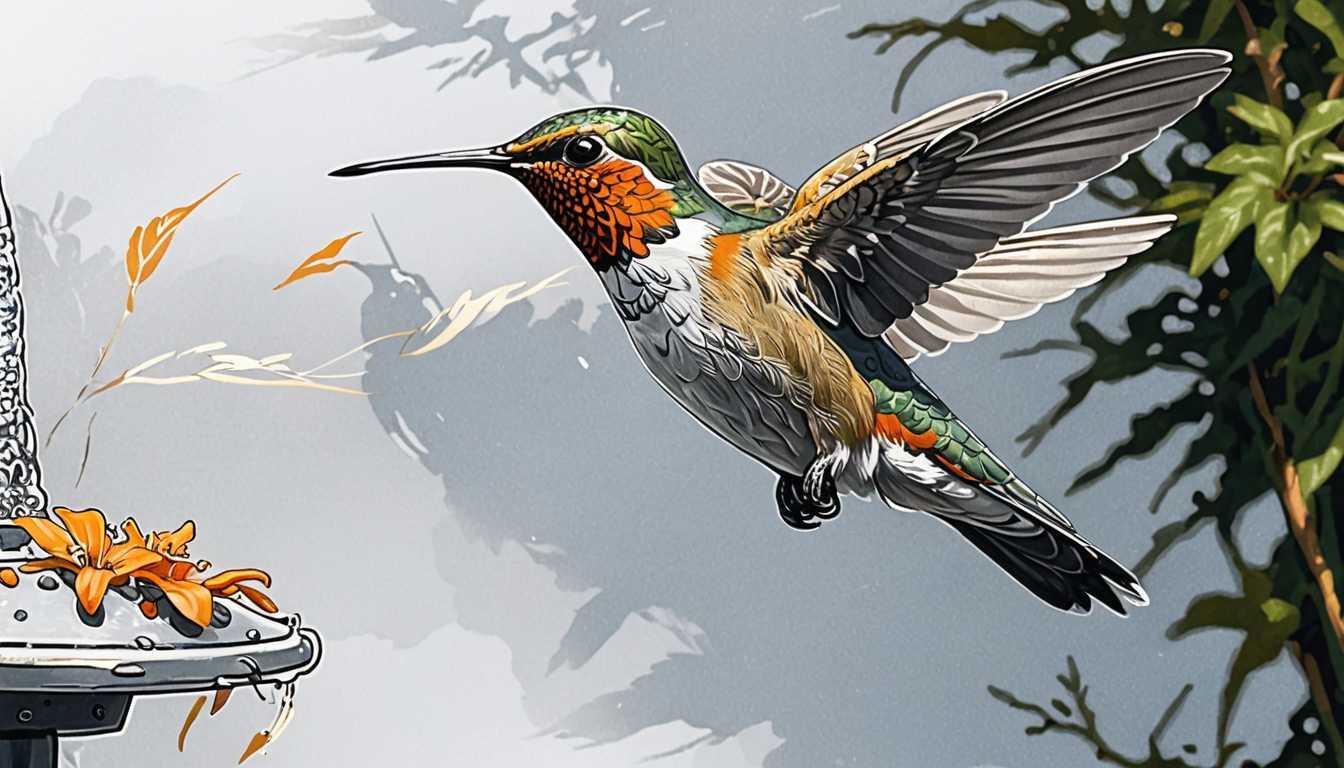Monkeys, Stress, and Surviving Droughts!
January 2025
UCLA Health + Behavior
Introduction
Hey there, future scientists! Did you know that some monkeys are like stress superheroes? A recent study from UCLA Health + Behavior reveals that white-faced capuchins in Costa Rica who handle mild droughts with a strong stress response are more likely to survive tougher times, like the severe El Niño drought. With insights from six years of research, this study highlights how these clever critters adapt to harsh environments. Dive into the article and discover how stress can be a survival strategy—monkeys may have the right idea after all!
READ FULL ARTICLEWhy It Matters
Discover how this topic shapes your world and future
Stress and Survival – The Monkey Puzzle of Drought
Understanding how animals adapt to environmental stress is more important than ever, especially as our planet faces climate change. Did you know that white-faced capuchin monkeys in Costa Rica can teach us about resilience? Researchers discovered that monkeys who reacted more strongly to mild droughts had a better chance of surviving during a severe El Niño drought. This research challenges the idea that stress is always harmful, instead, it shows that a strong stress response can be beneficial. By studying these monkeys, scientists hope to learn which species can cope with rapid changes like increased temperatures or food shortages. This is not only fascinating but also crucial for conservation efforts, helping us protect vulnerable species and understand their future in a changing world.
Speak like a Scholar
Endocrinologic
Related to the endocrine system, which produces hormones that regulate various body functions, including stress responses.
Glucocorticoids
A type of steroid hormone released during stress, helping to control metabolism and immune response.
Physiological
Pertaining to the normal functioning of living organisms and their parts, including how they respond to stress.
Longitudinal
A type of study that follows the same subjects over a long period to observe changes and developments.
Adaptive
Referring to the ability to adjust to new conditions or environments, particularly in response to stress or challenges.
Conservation
The act of protecting and preserving natural environments, wildlife, and resources for future generations.
Independent Research Ideas
The Role of Stress in Species Survival
Investigate how different species respond to environmental stressors and what that means for their survival. This could reveal surprising adaptations and strengths.
Comparative Analysis of Stress Responses
Compare the stress responses of various primate species to drought conditions. Understanding the differences can highlight evolutionary adaptations.
The Impact of Climate Change on Primate Behavior
Explore how changing climates affect the behavior of primates in different habitats, particularly in terms of social structures and parenting.
Hormonal Responses and Health in Wildlife
Examine how stress hormones, like glucocorticoids, impact the health and behavior of wild animals beyond primates, across various ecosystems.
Conservation Strategies for Vulnerable Species
Research how understanding stress responses can shape conservation strategies for endangered species, ensuring their survival in a changing world.
Related Articles

Plastic Diet: Seabirds' Gut Turmoil
March 2023
MIT Technology Review

SealNet: Beyond Human Recognition
July 2022
Smithsonian Magazine

Electricity: Nature's Hitchhiking Secret
January 2025
U of Bristol Research news

Caterpillars: Detecting Danger with Static Electricity!
May 2024
University of Bristol

Meet the Giant Hummingbirds: A Twosome!
May 2024
Cornell News Highlights